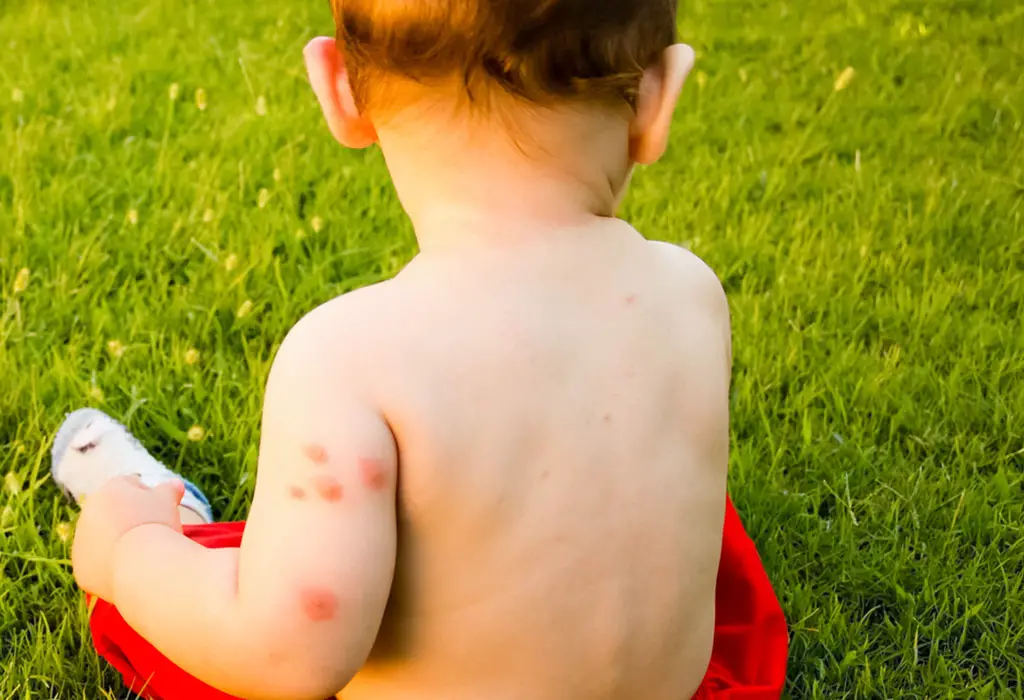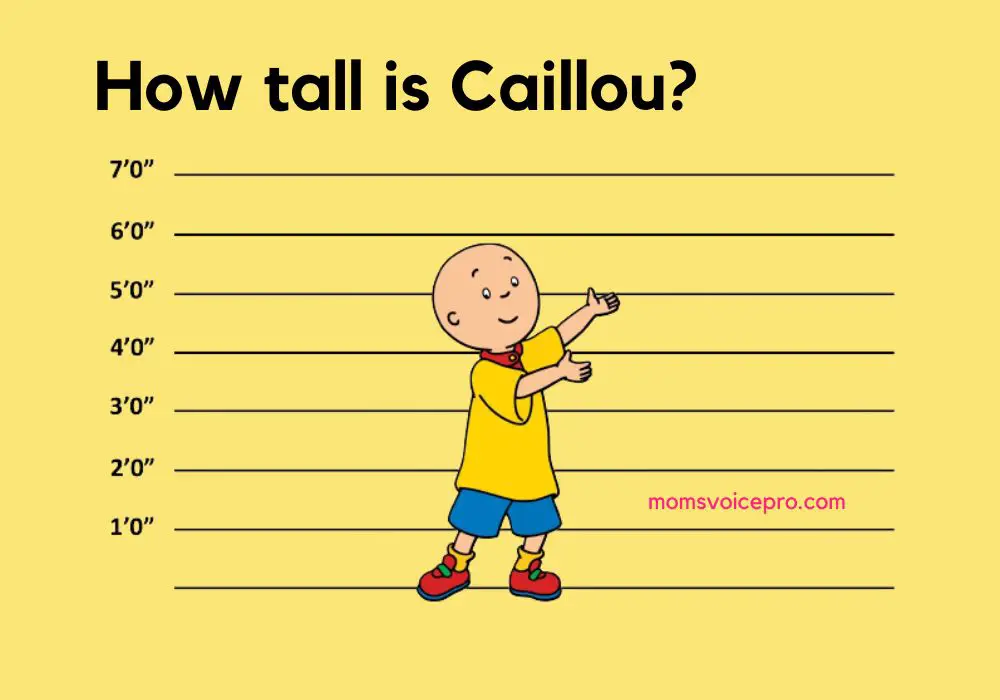Why You Shouldn’t Let Your Child Keep Sucking His Thumb

This article may contain links from Amazon and our partners. We may receive a small commission if you make a purchase through a link at no cost to you. Please read our disclosure policy.
Sucking in babies is a normal reflex that helps them suckle breast milk and obtain nutrition. Babies begin sucking their thumbs at a very young age, such as a few hours after birth. In some cases, a thumb-sucking baby begins the habit while still in the womb.
While most children outgrow the habit by the age of 5, some may carry the habit to adulthood. Despite being a natural occurrence, excessive thumb sucking can lead to a host of problems for your baby. Therefore, you need to discourage it whenever possible.
Why Do Babies Suck Their Thumbs?
One of the primary reasons that make babies suck their thumbs is the need for comfort. Thumb sucking is soothing and has a calming effect on babies. Babies may suck their thumbs when they are angry, restless, scared, sleepy, or hungry.
Your little one may even suck their thumb out of sheer boredom. However, if your baby is above five years, they may be sucking their thumb due to emotional issues or disorders like anxiety.
Effects of Baby Thumb Sucking
Despite being a natural habit, thumb sucking has its downsides. The following are some of the effects of thumb sucking on babies that you really need to know.
1. Physical Complications
Persistent thumb sucking exposes babies and children to various physical issues that affect their oral and dental condition, as well as the skin on their thumbs.
Dental problems
Once your baby starts developing permanent teeth, continuous thumb sucking can affect their growth and development, leading to teeth misalignment (malocclusion). The action pushes the baby’s teeth and causes them to slant forward, resulting in bite problems.
If the baby vigorously sucks the thumb, the cheek muscles tend to flex, altering the jaw and causing a cross-bite in the long run. These dental issues can lead to chewing problems, as well as speech impairments such as lisps.
In severe cases, they may distort the shape of the baby’s face. Orthodontic treatment may be necessary to correct bite and alignment problems due to thumb sucking.
Changes in the roof of the mouth
Persistent thumb sucking results in changes in the shape of the roof of the mouth by making it concave. The sucking narrows the space between right and left jaws and causes a high palate, interfering with how the upper jaw rests on the lower one.
Palate changes may also lead to teeth crowding and impacted teeth (where the teeth fail to erupt due to lack of space or wrong positioning). In cases where the palate curves too much upwards, it may lead to breathing problems. Correcting a concave mouth roof requires advanced orthodontic services, which are highly costly.
Skin blisters
The most noticeable effect of thumb sucking is the effect it has on the thumb’s skin. As the baby’s thumb comes in constant contact with saliva, the skin on the thumb becomes more vulnerable to injuries and blisters.
The sucking may also cause the skin to crack and bleed, creating an avenue for infections. The blisters and injuries can also result in discomfort and pain. Other effects of thumb sucking include the formation of calluses and warping or elongation of the thumb.
2. Social Issues
Bullying and teasing can hurt your child’s self-esteem and confidence, eventually ruining their social life. Children with thumb sucking problems are more likely to be victims of teasing from their peers since thumb sucking is commonly associated with babies. The taunting and teasing can make it difficult for your child to make friends, resulting in a non-existent social life.
Without socializing or making friends, your child may end up suffering from self-esteem issues and poor social skills. Speech impairments from dental problems related to thumb-sucking may also make communication difficult.
3. Difficulty Performing Everyday Tasks
If your baby gets used to sucking their thumb, they may find it difficult accomplishing everyday tasks as one of the hands will always be on their mouth. Functioning with one and can be a challenge and makes completing simple tasks harder.
It becomes harder when the child prefers to suck the thumb on their dominant hand. For children old enough to go to school and take care of themselves, thumb sucking can lower productivity and efficiency.
While it is natural for babies to suck their thumbs, you should watch out for persistent thumb sucking, as it does more harm than good to your baby.
How to Stop Your Baby from Sucking the Thumb
If you are worried that your baby may get hooked on thumb sucking, you can take measures to discourage and stop the habit. However, most thumb-sucking babies ditch the habit on their own due to peer pressure and social situations. If your child is past 5 years and showing no signs of stopping or you simply want to get them off the habit earlier, you can use the following techniques;
1. Talk to Your Child
If your baby is old enough, have a heart-to-heart conversation on the dangers of their thumb-sucking habit. Point out how they are introducing germs into their mouth, the social and physical implications, and the impact of thumbsucking on speech.
Besides discouraging your child from thumb sucking, you should also remind them gently when they forget and relapse. The gentle reminders and conversations without necessarily teasing, threatening, or punishing the behavior may go a long way in helping your baby kick the habit. You can also involve your child in finding the best way to handle the problem.
2. Provide Distractions
Sometimes, your child resorts to thumb sucking due to boredom or having nothing to do. In such cases, distracting your baby can take their mind off the habit as they immerse themselves in alternative activities. Some of the ways you can distract your child include letting them play with toys, engaging them in games, and involving them in activities such as arts and craft activities.
Painting and coloring, biking, or even baking can act as distractions to keep your child’s mind off thumb sucking. Besides helping your child break destructive habits, the activities can equip them with skills and boost their creativity. If your baby uses thumb sucking to handle stress, you can replace it by offering them alternative coping tools such as a pillow or stuffed animal to hug or squeeze.
3. Use Positive Reinforcement and Rewards
When trying to help a thumb-sucking baby, harsh criticism and punishment will only achieve the opposite. Instead of over-criticizing the child for the habit, focus on the positive by offering rewards and praises every time they don’t suck their thumbs.
The best approach is setting small goals for your baby and offering rewards whenever they achieve them, such as not sticking their thumb in their mouth for an hour. You can expand on the goals as your child gets better at not indulging. Use a rewards calendar as an incentive, and you can help your baby stop the habit without taking extreme measures.
3. Coat the Baby’s Thumb
Coating the baby’s thumb with non-toxic material such as foul-smelling nail polish may help deter a thumb-sucking baby. Although it may not be effective enough as babies can withstand the smell if the urge to suck their thumb is strong enough, there is no harm in trying. Nail polish is also cheap, and you can experiment with different brands.
When looking for substances to coat your baby’s thumb, avoid those that may irritate, such as pepper and hot spices. They may hurt the baby’s thumb and cause discomfort if the thumb sucking results in cracked skin or blisters on the thumb.
4. Cover the Baby’s Thumb
Covering the baby’s thumb can deter them from the habit. You can use a cloth covering or Band-aid during the day and socks and baby mittens during the night to make the baby’s thumb inaccessible.
While the baby may soon find a way to get rid of the covering, it can act as a constant reminder not to suck their thumbs. Alternatively, you can purchase plastic thumb covers like thumb guards and thumb gloves from baby shops or sites like ETSY and Amazon.
5. Seek Professional Help
If you try all the above tricks without success, it may be time to seek professional help on how to stop a baby from sucking thumb. An orthodontist may offer practical solutions and interventions for your thumb-sucking baby, such as prescribing a habit breaker appliance.
The appliance consists of metal springs that attach to molars and prevent the baby from sucking. It also takes away the pleasure and comfort of thumb sucking.
Since mental issues and disorders can drive your child to thumb sucking, you should also seek the help of a psychologist. A mental health professional will rule out or identify any underlying psychological issues fueling the habit so you can deal with the root cause of the problem.
Final Thought about Baby Thumb Sucking
The earlier you discourage thumb sucking, the better. Early intervention reduces the baby’s attachment which may make it difficult to break the habit much later. Remember, it can take some time for your baby to stop, which calls for consistency and patience. Don’t hesitate to ask for help from your baby’s healthcare provider whenever necessary on how to stop the baby from sucking the thumb.
Sources: University of Michigan Health, Thumb Sucking, May 2020, PubMed, Thumb Sucking, May 2021, Research Gate, Etiology of Thumb Sucking Habit and Its Effect on Developing Malocclusion, Jan 2021 and Mouth Healthy, Thumb-Sucking and Pacifier Use.





